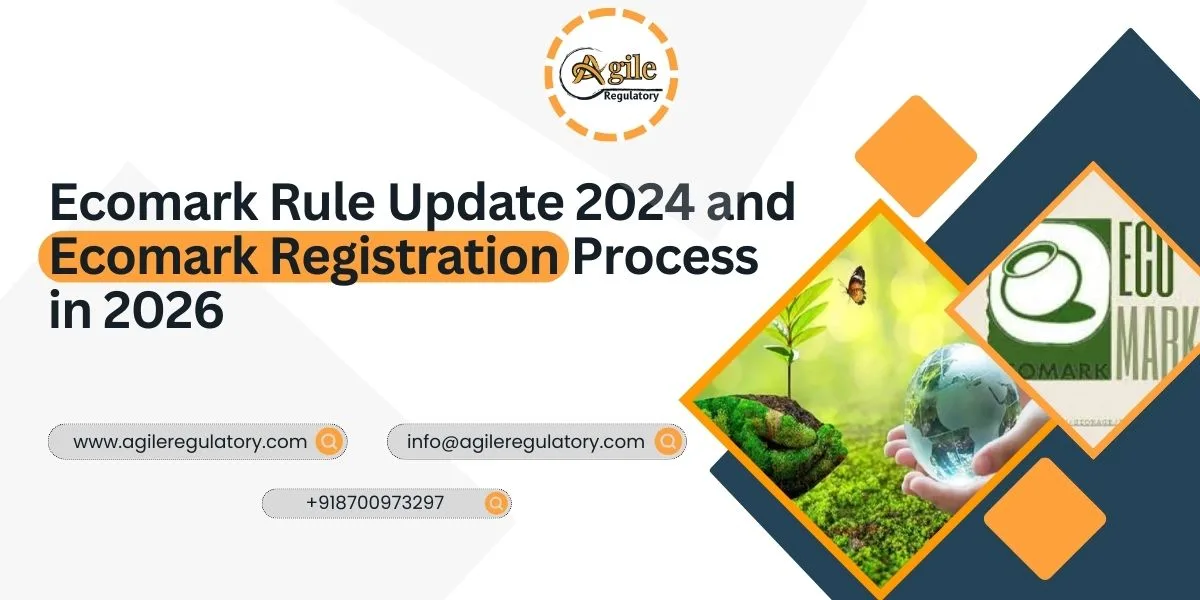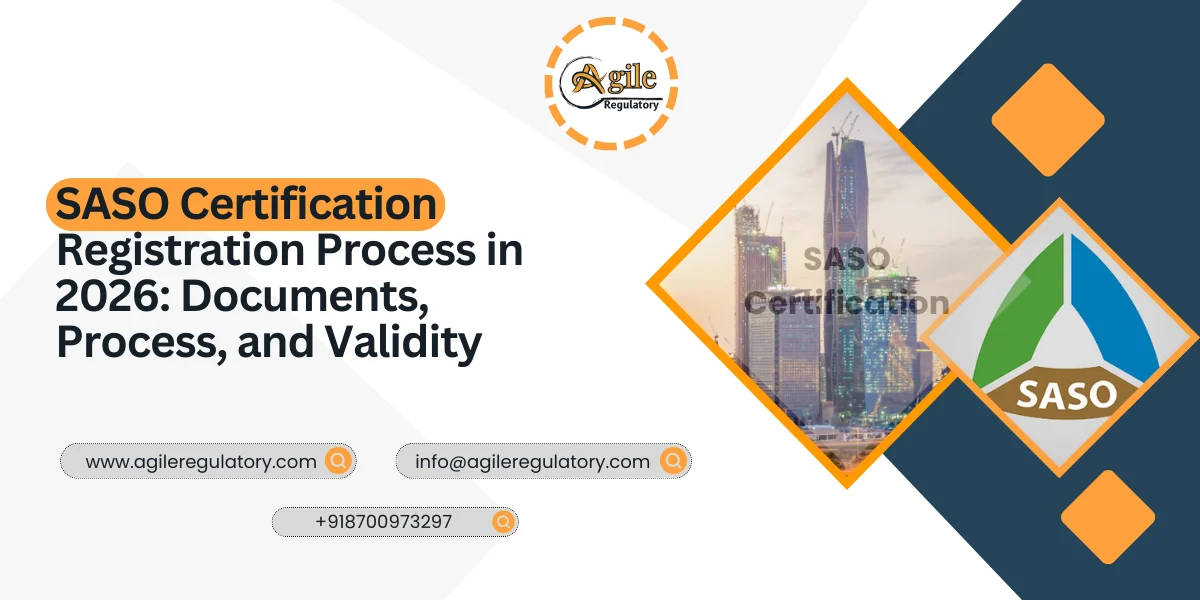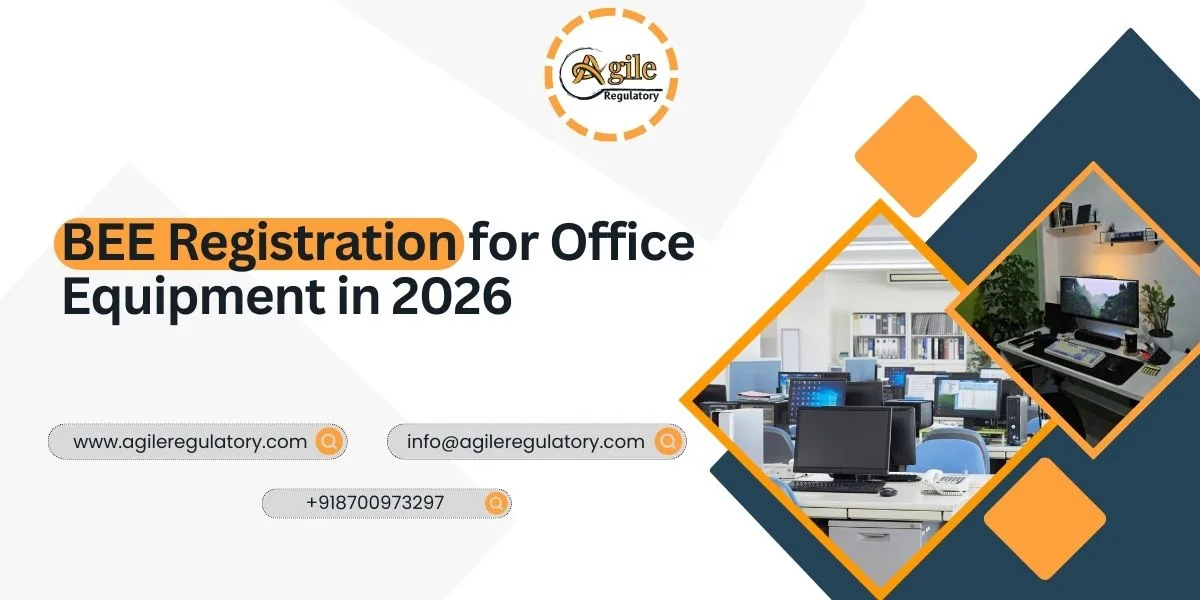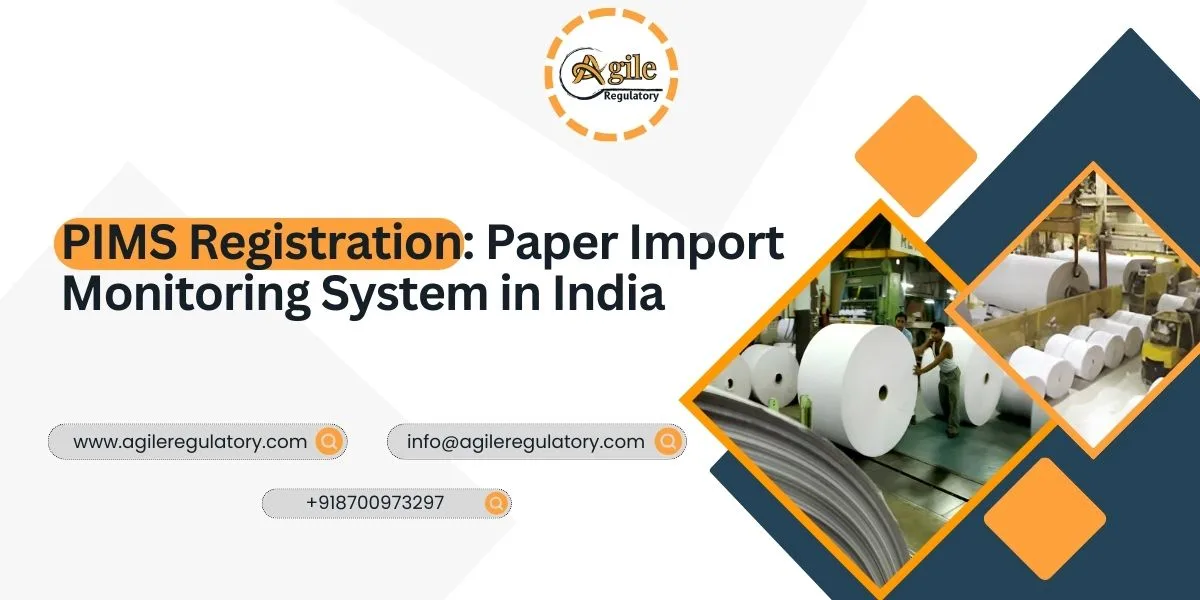
Get Instant Solution By an Expert Advisor
(4.8)


Getting EPR Registration might sound complicated, but don't worry. We'll break it down step by step. First, let's talk about why it's important. When you get CPCB EPR Registration, you're showing that you're serious about taking care of the environment. Doing this is not just beneficial for the planet – it's good for your business as well. Customers like companies that care about the environment.
Checking if you need to register: The rules say that if you produce more than 100 tons of plastic waste in a year, you definitely need to register. But even if you produce less, it's a good idea to check with the CPCB or a consultant.
Gathering your documents: This is a crucial step. You'll need:
The CPCB has an online portal where you can fill out your application. Take your time with this. Double-check everything before you submit. If you have any uncertainties, feel free to seek assistance. There are consultants who specialize in CPCB EPR Registration.
There is a fee for EPR Registration. The amount can vary depending on how much plastic your company uses. As of 2024, the fee starts at around 10,000 rupees. But remember, this can change, so always check the latest information on the CPCB website.
Once you've sent in your application and fee, the waiting begins. The CPCB will review everything you've submitted. They may request additional information if necessary. This process can take a few weeks, so you should try to be patient.
If your application is approved, you'll receive your EPR Certificate. This is an important document. It shows that you're following the rules and taking responsibility for your plastic waste.
1. Better reputation: Customers like companies that care about the environment.
2. Avoid fines: By following the rules, you avoid costly penalties.
3. Be prepared for the future: As environmental rules get stricter, you'll be ahead of the game.
4. Improve your processes: Planning for waste management can help you find ways to use less plastic overall.
1. Start early: You should not wait until the last minute to register. Give yourself plenty of time.
2. Keep good records: Track all your plastic use and recycling efforts carefully.
3. Stay informed: The rules about plastic waste can change. Keep up to date with the latest information.
4. Consider getting help: If the process seems overwhelming, think about hiring a consultant who specializes in CPCB EPR Registration.
1. Use less plastic in your products or packaging.
2. Choose plastics that are easier to recycle.
3. Set up collection points for used plastic products.
4. Work with recycling companies to make sure your plastic is properly processed.
5. Educate your customers about how to recycle your products.
Enrollment for plastic waste on EPR is crucial for various enterprises in India. This is an indication of being responsible towards the environment and adhering to the law. At first, the procedure may look tough but when broken down into steps it becomes easier to handle.
Be reminded that CPCB EPR Plastic rules were put in place with the aim of minimizing plastic wastage and protecting our surroundings. However, when you obtain your EPR Certificate and adhere to the set guidelines, you are contributing towards a pollution-free world.
It is an ongoing commitment whether one is starting off CPCB EPR Registration or preparing for EPR Certificate renewal. Always keep proper records, stay updated on rules and try to cut down on plastic usage every day.
For experts’ assistance in the process of EPR registration, you can consult Agile Regulatory. Reach out to us to start the process today.
Related Blog:-
Read more: What is EPR Certificate?
Read more: How to Get EPR Certificate for Import?
Read more: What is extended producer responsibility?
Read more: What is EPR compliance,Types of EPR Registration?
Read more: What are the benefits of EPR services for recycling e-waste?
Read more: The Best Ways to Utilize EPR Registration for Waste Management
Read more: Who Can Obtain EPR Registration? Why is EPR Registration Necessary?

 Vanshika Mathur
Vanshika Mathur
26 Feb, 2026

 Divya Saxena
Divya Saxena
26 Feb, 2026

 Nishi Chawla
Nishi Chawla
26 Feb, 2026

 Nishi Chawla
Nishi Chawla
26 Feb, 2026

 Vanshika Mathur
Vanshika Mathur
25 Feb, 2026

Get Instant Solution By an Expert Advisor
(4.8)
We simplify compliance through a proven 4-step process: Consultation, Documentation, Submission, and certification. From understanding requirements to getting final approvals, we deliver a smooth, timely, and fully compliant journey for your business.
What our customer says about us
Fantastic support from the team. Their expertise transformed our approach, driving remarkable outcomes. A must-have partner for businesses seeking effective consulting solutions. Highly recommended.

KTPL Instruments
Agile Regualtory delivers exceptional solutions. Their insightful guidance streamlined our processes and boosted profitability. Highly recommended for businesses seeking expert consulting services to thrive.

Justrack IOT
Impressed by Agile Regulatory's expertise. Their strategic insights and practical solutions have elevated our business operations. A reliable partner for effective consulting services. Highly recommended for growth-focused businesses.

Coaire Compressor
Extraordinary consulting services. Their insightful solutions and dedicated team reshaped our business, driving remarkable improvements. Highly recommend it for transformative results.

Easy Polymer
Incredible experience with Agile Regulatory. Their innovative strategies and expert advice revitalized our business model, resulting in impressive growth. Highly recommend their exceptional consulting services.

Tarus International
Top-tier consulting! offered strategic solutions that revolutionized our approach. Their deep expertise and personalized guidance made a significant impact on our success. Highly recommend their services.

Anchor Weighing
Agile Regulatory exceeded expectations! Their tailored solutions, expertise, and proactive approach led to remarkable results. Highly recommend for businesses seeking impactful and strategic guidance.

AM Capacitor
Outstanding service! delivered targeted solutions with professionalism and expertise. Their insights elevated our business strategies, resulting in noticeable growth. Highly recommended for exceptional consultation.

Imaxx Pro Aquistic
Leave a Reply
Your email address will not be published. Required fields are marked *